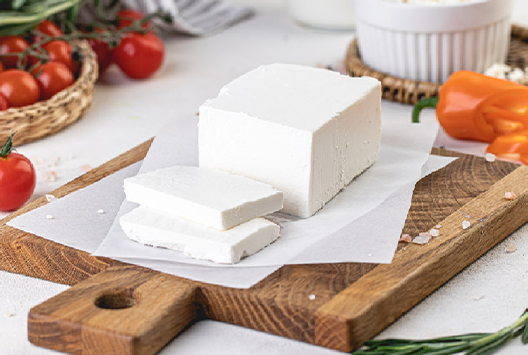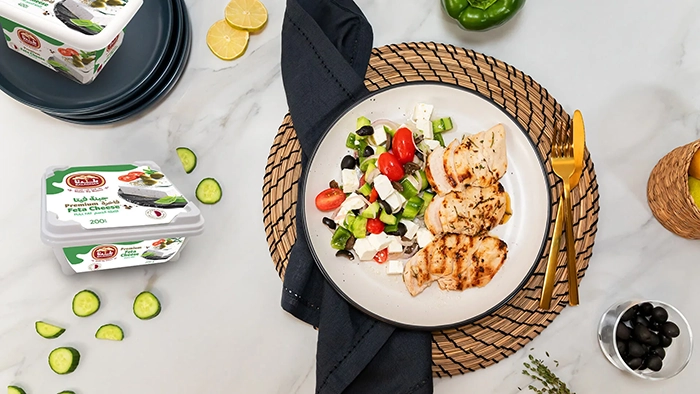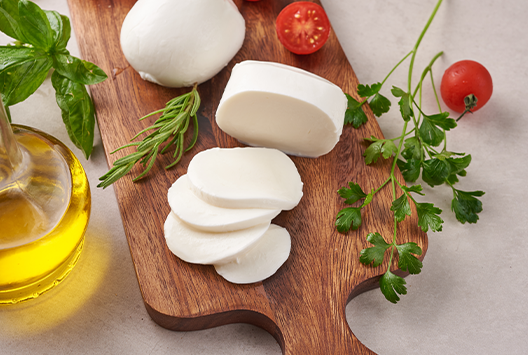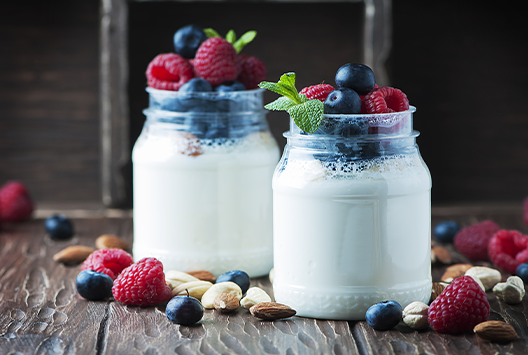
6 Benefits of Including Feta Cheese in Your Daily Diet
Feta cheese is a soft and crumbly white cheese made from cow's milk. Being a traditional Greek cheese, feta cheese is now a staple in many cultures and cuisines worldwide. Its unique flavor and texture cannot be compared to any other cheese out there. Not only is it tasty, but feta cheese also provides several health benefits that make it a great addition to your daily diet. Here are six of them:
1. Rich in nutrients
Feta cheese is a nutritious food option that provides important vitamins and minerals for the body. It is low in fat and calories, making it an ideal choice for people who are trying to control their weight. It is packed with essential nutrients like calcium, phosphorus, vitamin B12, and riboflavin, making it a great addition to any diet.
2. Source of protein
Feta cheese is a type of cheese that is high in protein, providing 6 grams of protein per ounce.
3. Boosts immunity
Feta cheese is a good source of Vitamin B12, a nutrient that can help strengthen the body's immune system, making it more resistant to illnesses and infections.
4. Rich in antioxidants
Feta cheese is full of beneficial antioxidants that can defend your body's cells from harm caused by dangerous molecules known as free radicals.
5. Improves bone health
Feta cheese is rich in calcium, which is an essential mineral for keeping bones strong and healthy. It is especially important for those at risk of developing osteoporosis, as it helps reduce the risk of the disease by making bones more resilient.
6. Source of phosphorus
Feta cheese is a good source of phosphorus, providing about 17 milligrams of phosphorus per 30-gram serving. Phosphorus helps regulate the body’s acid-base balance and is also important for the growth and repair of body tissues.
What’s more, feta cheese is a versatile ingredient
Feta is a great ingredient to have on hand, as it can be used in many different recipes. Whether crumbled on top of a salad, placed as a topping over pizza, or mixed into a casserole, feta adds a unique flavor that can truly elevate your dish.
How to know the authenticity of feta cheese?
Authentic feta cheese is made with cow's milk, rennet, and salt. It should have a crumbly texture and a salty, tangy flavor. Buying quality and authentic feta cheese will ensure you get the maximum flavor and health benefits.
The bottom line
Adding feta cheese to your daily diet can provide numerous health benefits. Not only is it rich in nutrients and vitamins, but it is also low in fat and calories, making it a great option for those looking to maintain a healthy weight.
Baladna offers high-quality, authentic feta cheese made with 100% cow's milk. It is a great choice for those looking to add delicious and nutritious cheese to their diet. Its crumbly texture and salty flavor make it a great addition to salads, pizzas, and sandwiches. Buy now!






